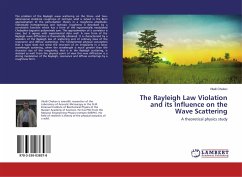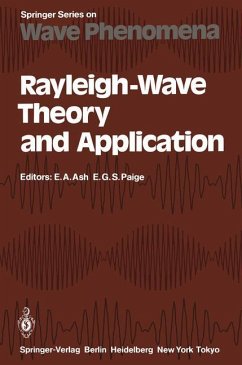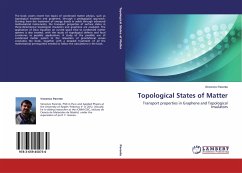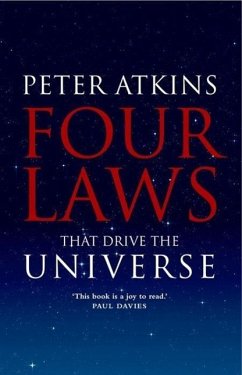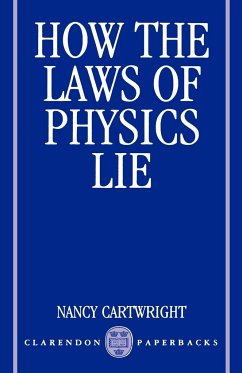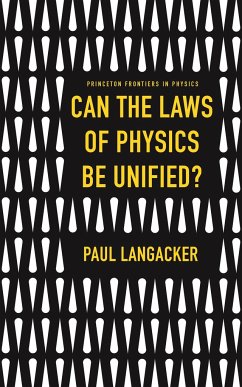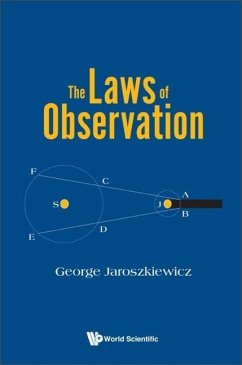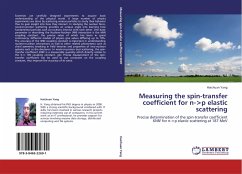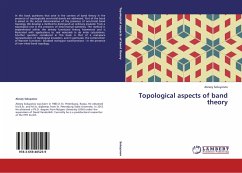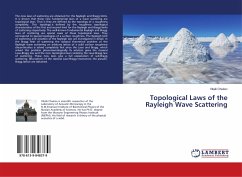
Topological Laws of the Rayleigh Wave Scattering
Versandkostenfrei!
Versandfertig in 6-10 Tagen
24,99 €
inkl. MwSt.

PAYBACK Punkte
12 °P sammeln!
The new laws of scattering are obtained for the Rayleigh and Bragg limits. It is shown that these new fundamental laws of a wave scattering are topological laws. That is they are defined by the topology of a roughness completely. This topology is defined by the roughness topological characteristics of the first and second kind for the Rayleigh and Bragg limits of scattering respectively. The well-known fundamental Rayleigh and Bragg laws of scattering are special cases of these topological laws. They correspond to special topologies of a surface roughness. The Rayleigh limit of scattering and ...
The new laws of scattering are obtained for the Rayleigh and Bragg limits. It is shown that these new fundamental laws of a wave scattering are topological laws. That is they are defined by the topology of a roughness completely. This topology is defined by the roughness topological characteristics of the first and second kind for the Rayleigh and Bragg limits of scattering respectively. The well-known fundamental Rayleigh and Bragg laws of scattering are special cases of these topological laws. They correspond to special topologies of a surface roughness. The Rayleigh limit of scattering and violation of the Rayleigh law are investigated in detail. In the Bragg limit of scattering the classical theoretical problem of the Rayleigh wave scattering on arbitrary lattice of a solid surface roughness discontinuities is solved completely first since the Laue and Bragg, which solved this problem phenomenologically. Its solution gives the classical Laue-Bragg law and the new topological laws violating the Laue-Bragg law of scattering. These new laws give a full explanation of sub-Bragg scattering. Bifurcations of the classical Laue-Bragg resonances; the pseudo-Bragg lattice are obtained.



